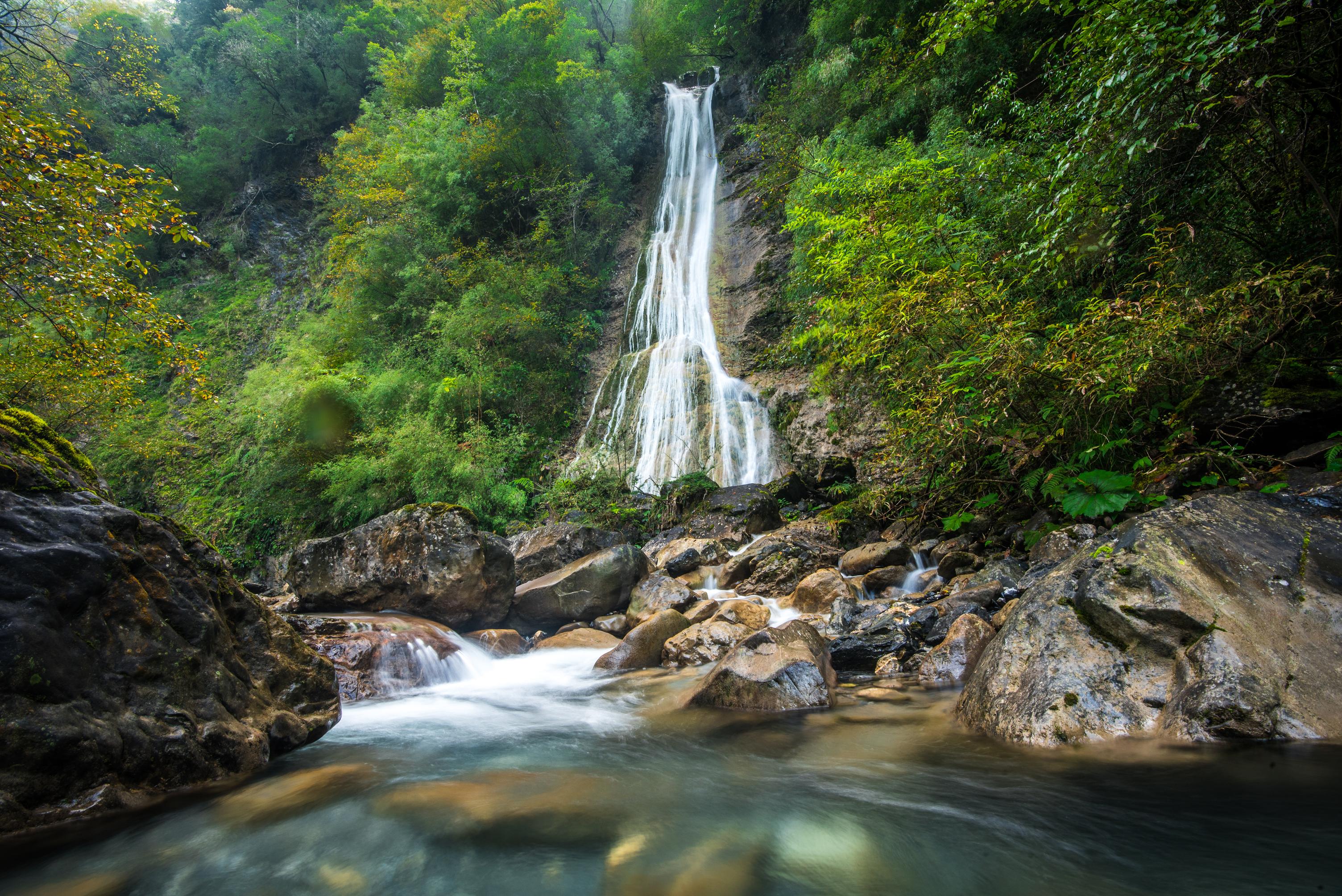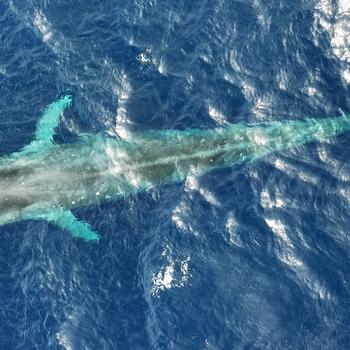As governments map their road to recovery from COVID-19, protecting nature will be critical to preventing the spread of future zoonotic disease outbreaks, experts say.
Yet a study released today in a special issue of the journal PARKS found that more countries undermined rather than supported nature in decisions made after the onset of the COVID-19 pandemic, such as their national pandemic recovery policies.
In an effort to restart their economies and create jobs, countries around the world have either shrunk or eliminated areas set aside to protect nature — some to drill for fossil fuels, others for urban development.
This is counterproductive for many reasons, explained Conservation International social scientist Rachel Golden Kroner, the study’s lead author.
“Rolling back environmental protections and neglecting to invest in nature is not in the best interest of our health, economies or general well-being,” Golden Kroner said.
“When we prioritize the conservation of nature, we limit the risk of future zoonotic diseases like COVID-19 and save more money in the long run by preventing future pandemics,” she added. “But conservation efforts need more funding — and the small portion of funding from national relief packages that’s been dedicated to protecting nature is not going to be enough.”
According to recent research co-authored by Conservation International experts, reducing deforestation, regulating the global wildlife trade and monitoring the emergence of new viruses could reduce the risk of future pandemics by 27 percent or more — with a 10-year investment that is 50 times less costly than coronavirus response efforts to date.
Despite these findings, 22 countries — including most of the world’s major economies — have proposed or advanced decisions to roll back or weaken environmental protections, limit the expansion of protected and conserved areas, or reduce budgets for those areas, the PARKS study revealed.
Researchers also identified 64 examples of rollbacks across every continent, including those that directly impact the rights of Indigenous peoples who live on or near conserved land.
“Governments have to be thinking longer term,” Golden Kroner said. “Rather than waiting to respond the next pandemic, we can help prevent it. For example, keeping forests intact reduces the risk of zoonotic disease emergence. Ensuring funding for rangers helps protect wildlife. Protected area infrastructure, like guard stations, could even help monitor for zoonotic diseases. These are smart conservation investments that impact human health.”
The good news: Some countries have maintained — or even expanded — their efforts to protect nature during the pandemic.
Between January and October 2020, nine countries including Kenya and New Zealand as well as the European Union pledged direct investments that support protected and conserved areas, according to the study. In total, these nations have pledged nearly US$ 12.7 billion to enhance governance efforts in protected and conserved areas, restore protected land and expand conservation.
“We’re seeing growing support among the public for nature-forward policies,” Golden Kroner said. “People are holding their leaders accountable and calling for actions that support environmental protections instead of rollbacks.”
Further illustrating this shift, the study found that 10 countries — including China, Germany, India and Nepal — have dedicated a portion of their recovery packages to initiatives related to nature-based solutions, green infrastructure, sustainable ecotourism and green job creation.
In a separate paper featured in the same edition of PARKS, Golden Kroner and a group of policy and environmental experts laid out nine recommendations to help governments ensure that their protected areas stay protected. These recommendations include increasing collaboration with Indigenous peoples and local communities, strengthening tourism, and ensuring domestic budgets support protected and conserved areas.
With world leaders set to convene at a series of environmental negotiations later this year, these recommendations could help countries chart a course for protecting nature and slowing climate change before it is too late, Golden Kroner added.
“COVID-19 and global crises highlight existing issues with protected and conserved area funding and offer an opportunity to build lasting change,” said Golden Kroner.
“As we move forward from the pandemic as a global community, there is a great opportunity to rebuild economies in a way that values nature and those who depend on it, helping ensure a more equitable, sustainable and better future for us all.”
Rachel Golden Kroner is the Environmental Governance Fellow at Conservation International. Kiley Price is a staff writer for Conservation International. Want to read more stories like this? Sign up for email updates. Donate to Conservation International.
Cover image: Anzihe Protected Area in Chongzhou, Sichuan (© Kyle Obermann)
Further reading:



